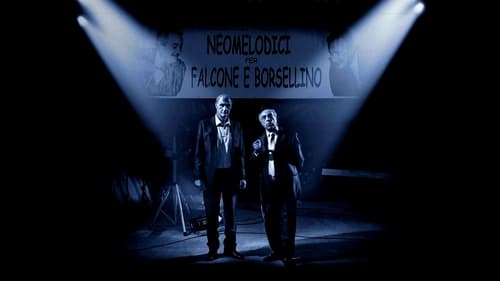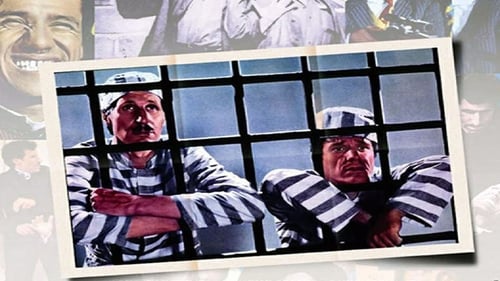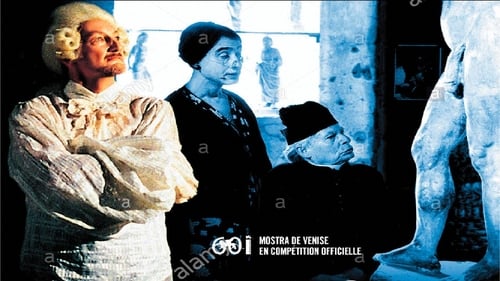
Idea
Palermo, Sicilia, Italia, 2017. Veinticinco años después de los asesinatos de los jueces antimafia Giovanni Falcone (23 de mayo de 1992) y Paolo Borsellino (19 de julio de 1992), y con ocasión de los homenajes celebrados en recuerdo de ambos héroes, la fotógrafa Letizia Battaglia, cronista de su titánica lucha, critica el oportunismo de oscuros personajes que, como el empresario Ciccio Mira, se lucran gracias a la conmemoración de ambas tragedias.

Writer
Palermo, Sicilia, Italia, 2017. Veinticinco años después de los asesinatos de los jueces antimafia Giovanni Falcone (23 de mayo de 1992) y Paolo Borsellino (19 de julio de 1992), y con ocasión de los homenajes celebrados en recuerdo de ambos héroes, la fotógrafa Letizia Battaglia, cronista de su titánica lucha, critica el oportunismo de oscuros personajes que, como el empresario Ciccio Mira, se lucran gracias a la conmemoración de ambas tragedias.

Screenplay
Franco scaldati - died in 2013 - was one of the most important autors of italian theatre plays, Maresco describes his role in the cultural and social field. Through his opera we can observe Italy from another point of view.

Screenplay
This film tells the story of three defeats: Berlusconi’s political and human defeat in his “twilight”, the one of Ciccio Mirra, Berlusconi’s unconditional supporter, deeply rooted in an ancient culture that dies hard, and the director’s artistic defeat in an Italy that recognised itself in this “Berlusconian culture” for a long time, and probably still does.

Writer
Italian documentary

Editor

Writer

Casting
In the Sicily of the late 1940s, two brother sculptors, tired of selling madonnas to the local churches, finally realize their dream, and set up a Sicilian production company, thanks to the help of a local bishop. They start producing one box-office failure Z-movie after the other, all with terribly bad local non-pros as actors. Covered in debts, they finally have their great chance, when a local nobleman obsessed by magic decides to invest all his wealth in the making of a movie about Cagliostro, just one year after Orson Welles' Black Magic (1949). They hire a famous American actor (Robert Englund) and start shooting "The Return of Cagliostro".




